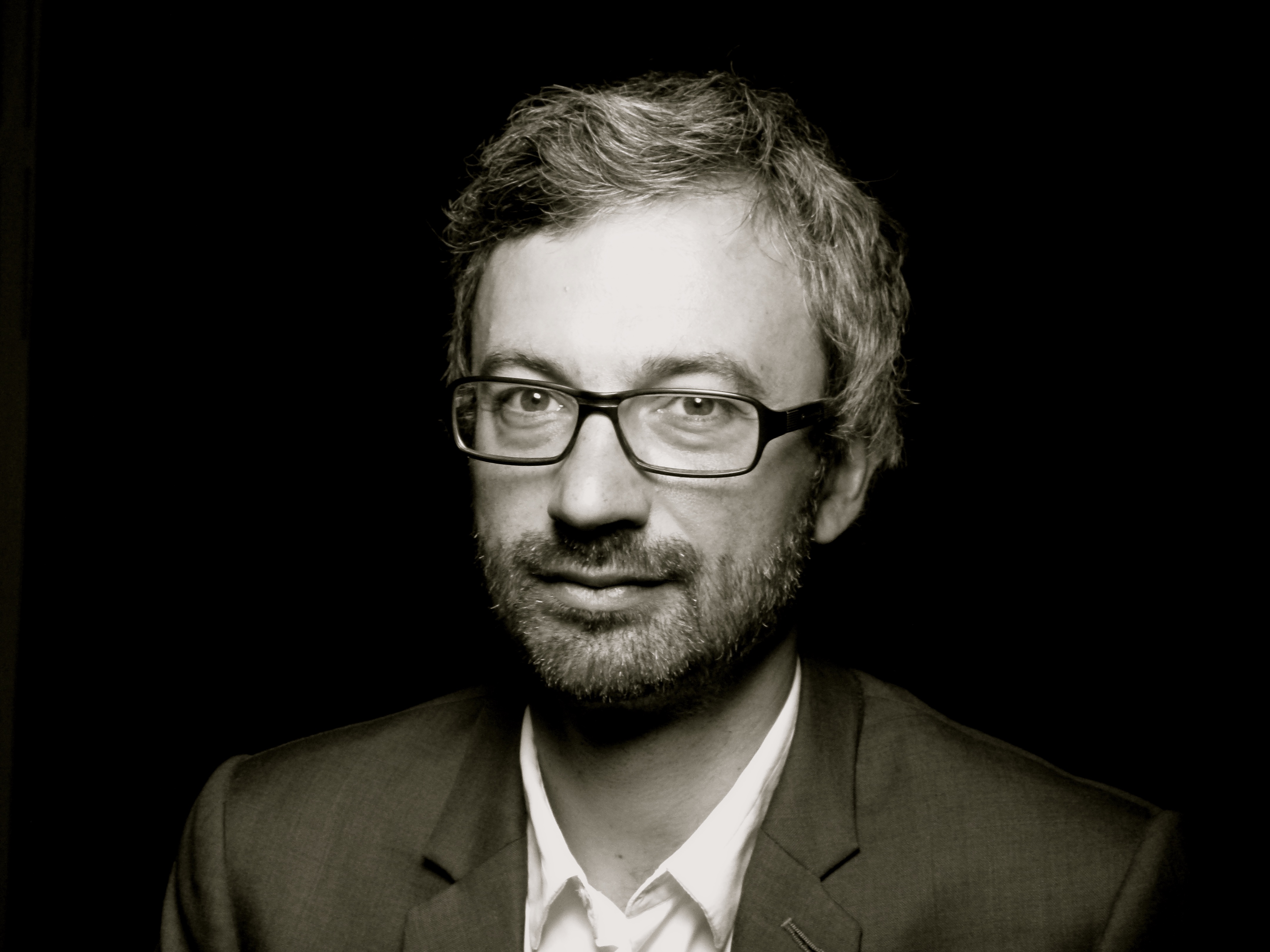France accepts a migrant rescue ship as relations sour with Italy
As a ship carrying more than 200 migrants rescued at sea docked in a French port on Friday, a diplomatic crisis between France and Italy worsened, signaling further chaos in the European Union's already erratic handling of asylum seekers coming to Europe.
France allowed the humanitarian ship Ocean Viking to dock in the port of Toulon, after Italy's new far-right government refused it. The standoff meant the boat hovered more than two weeks in international waters, as health and sanitary conditions worsened for the 234 people on board, including 57 children.
Those on board come from countries in Africa, the Middle East and Asia, including Bangladesh, Eritrea, Syria, Egypt, Pakistan, Mali and Sudan.
On Thursday, before the ship docked, several migrants with serious health problems were taken by helicopter to a hospital in Corsica.
In a statement, French group SOS Mediterranée, which operates the ship, called the incident "a dramatic failure from all the European states, which have violated maritime law in an unprecedented manner."
France and Italy are accusing one another of "incomprehensible" actions
Mathieu Tardis, an immigration specialist with the French Institute of International Relations, says international law mandates that survivors of a search and rescue operation be transported to the nearest and safest sea harbor. "This is why it's always Italy and not France, when it comes to people coming from Africa and Libya," he says.
Europe does have a way to help countries like Italy on the front lines of migration. In what's known as a "solidarity mechanism," France and 19 other European nations have voluntarily committed to taking a certain quota of the thousands of migrants who arrive in Italy by sea.
But Italy's new government says the solidarity mechanism is not working and says only 164 asylum seekers have been moved from Italy this year to other nations in the bloc that volunteered to accept them — a fraction of the more than 88,000 who reached Italy's shores in 2022.
Italy's new prime minister Giorgia Meloni put France on the spot this week by thanking the French government for accepting the Ocean Viking, when it had not yet done so.
French Interior Minister Gerald Darmanin slammed Italy, saying the country had not met its humanitarian obligations. He called Italy's refusal to accept the migrants "incomprehensible" and said there would be "severe consequences" for relations with Italy.
Darmanin called France's acceptance of the migrants Friday an "exceptional" decision that would not guide further action. He said France will put a hold on its pledge to relocate some 3,500 migrants from Italy over the next year.
The Italian government said it was stunned by France's reaction. "The French reaction to taking in 234 migrants, when Italy has taken in more than 90,000 this year alone, is totally incomprehensible," said Italian Interior Minister Matteo Piantedosi.
Italy's Foreign Minister Antonio Tajani said by not letting the Ocean Viking dock, Italy sent a signal to EU nations that they must play a bigger role in relocating migrants who arrive on Italian shores.
Even as EU countries disagree on policy, conditions forcing people to flee continue to worsen
Tardis says getting the various European states to agree on a common immigration policy has always been difficult.
"It's been an everlasting discussion for the last seven or eight years, how we can better disperse the migrants and asylum seekers in the EU," he says. "And you have some member states — mostly Hungary and Poland — who have refused to receive any migrants or asylum seekers."
Tardis notes, however, that Poland has been accepting hundreds of thousands of Ukrainian refugees fleeing the war.
The diplomatic rift between Paris and Rome shows no sign of abating, at a time when Europeans are increasingly nervous about immigration from Africa and the Middle East. At the same time, the conditions forcing people to flee their countries — war, oppression, climate change and famine — are getting worse, says Judith Sunderland, head of the Europe and Central Asia division of Human Rights Watch.
She says no one would take rickety boats and inflatable rafts unless they were completely desperate and with no other options.
"All of these migrants are fleeing terrible situations in their homes and there is overwhelming evidence of brutality against refugees and migrants in Libya," she says. Countries like Italy and Malta may feel they are shouldering an unfair share of the responsibility for migrants and refugees arriving by sea, but she notes that France and Germany take in far more asylum seekers overall.
"Italy is not at all overwhelmed," says Sunderland.
More than 2,000 migrant deaths and disappearances have been recorded in the central Mediterranean route since 2021.
Sunderland warns the number could rise. What's really needed, she says, "is a predictable system for the disembarkation and relocation of migrants, where they will be treated properly, their rights will be respected and their asylum claims will be taken and assessed."
She says that's the key to avoid what happened this week with the Ocean Viking.
Lire l'article sur le site de NPR

Média
Partager











